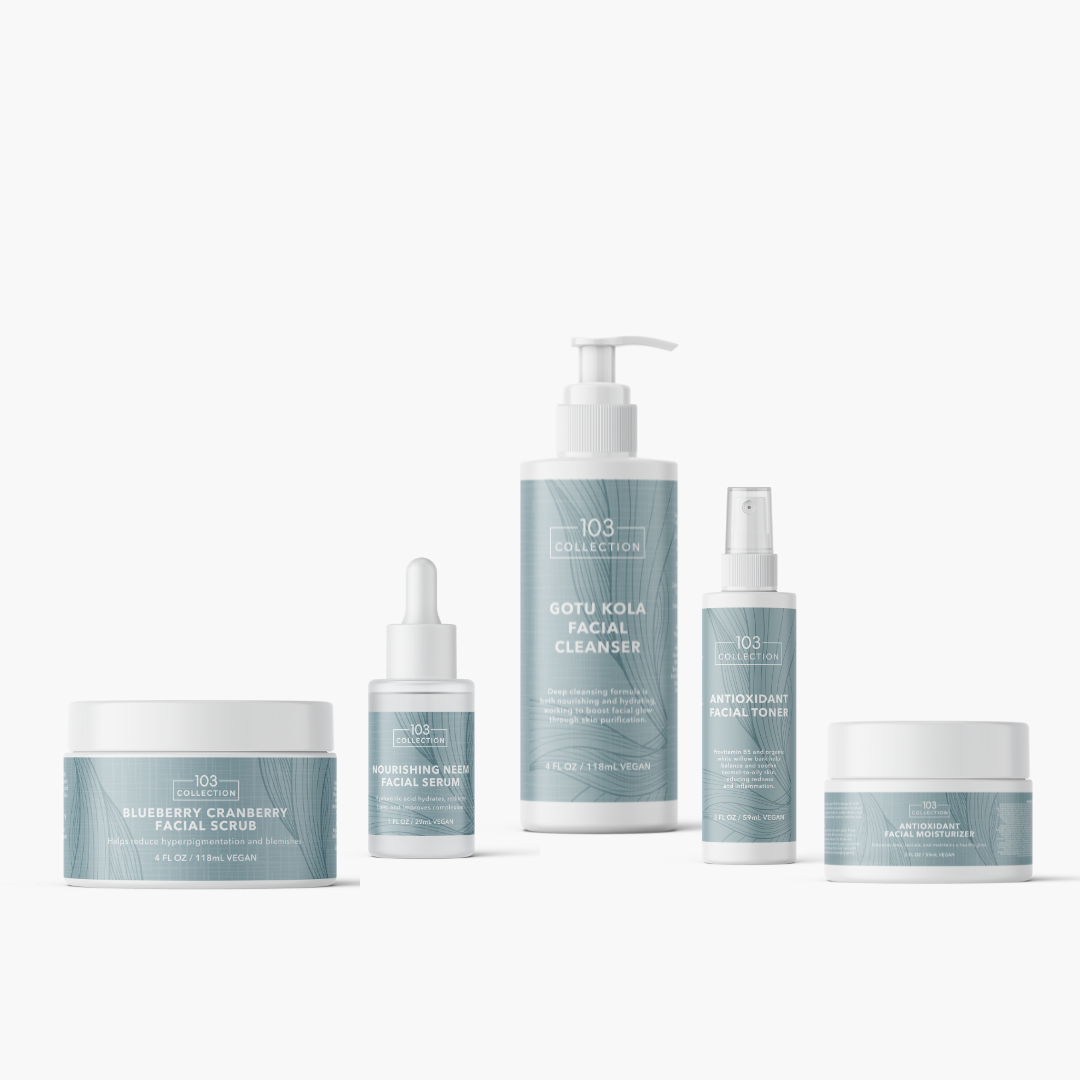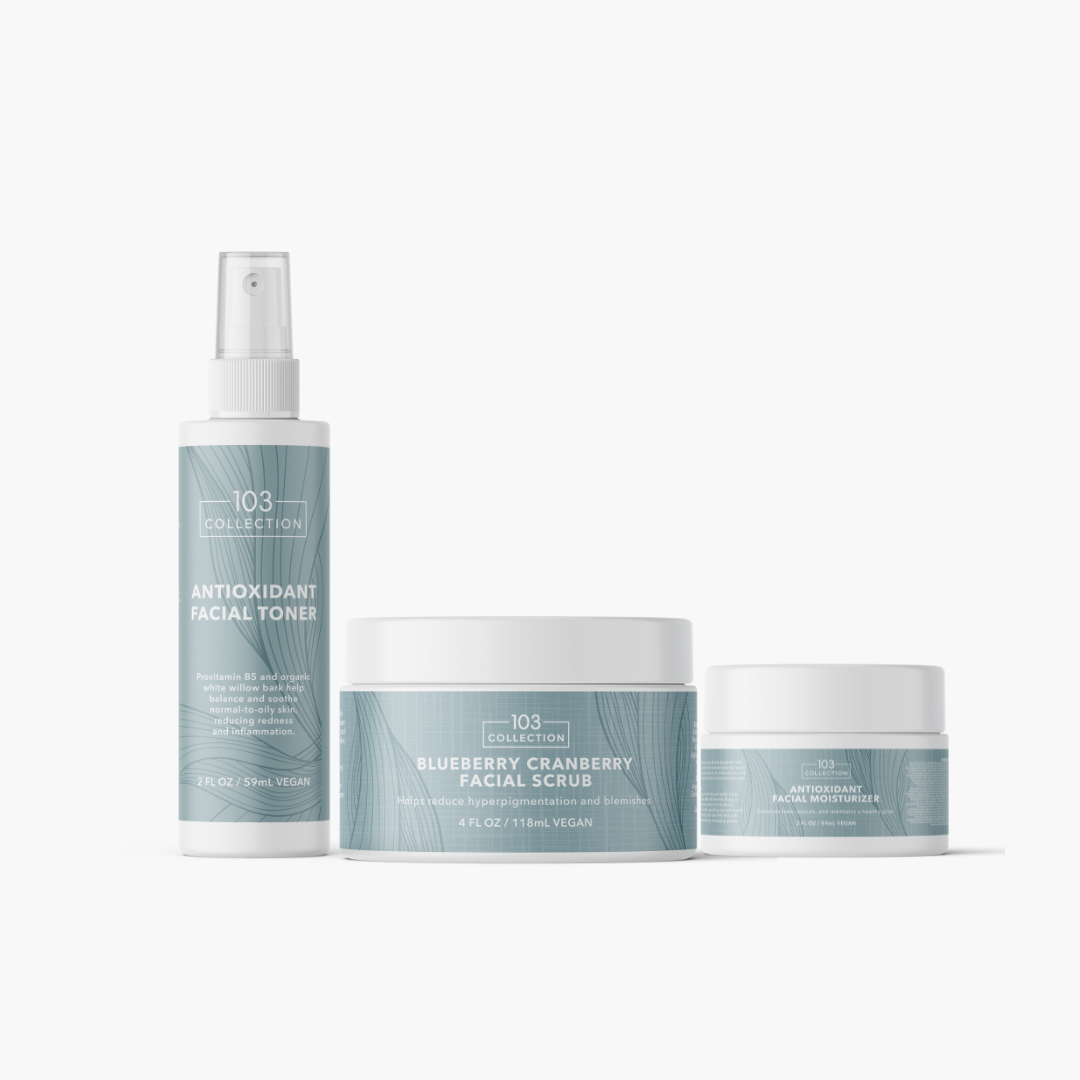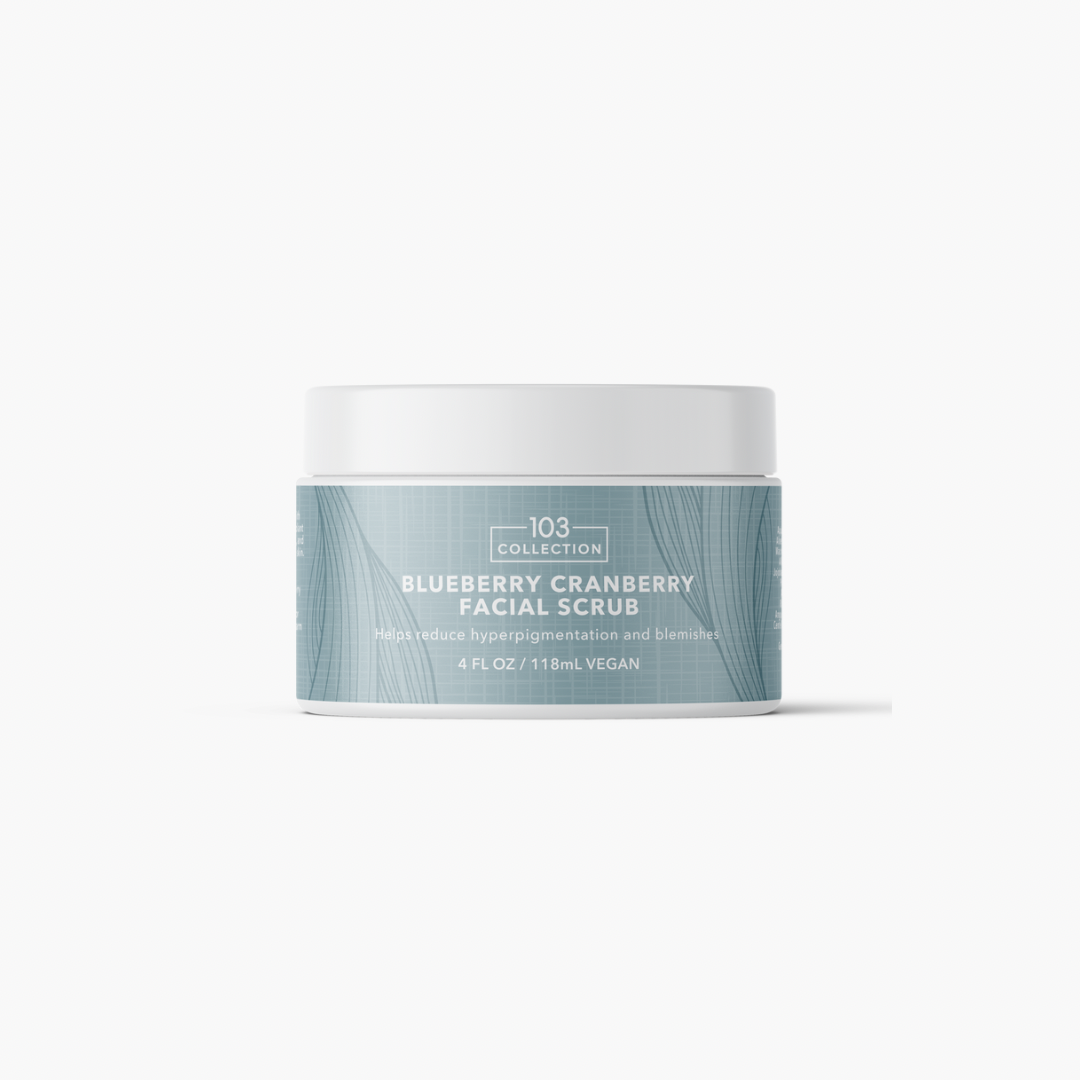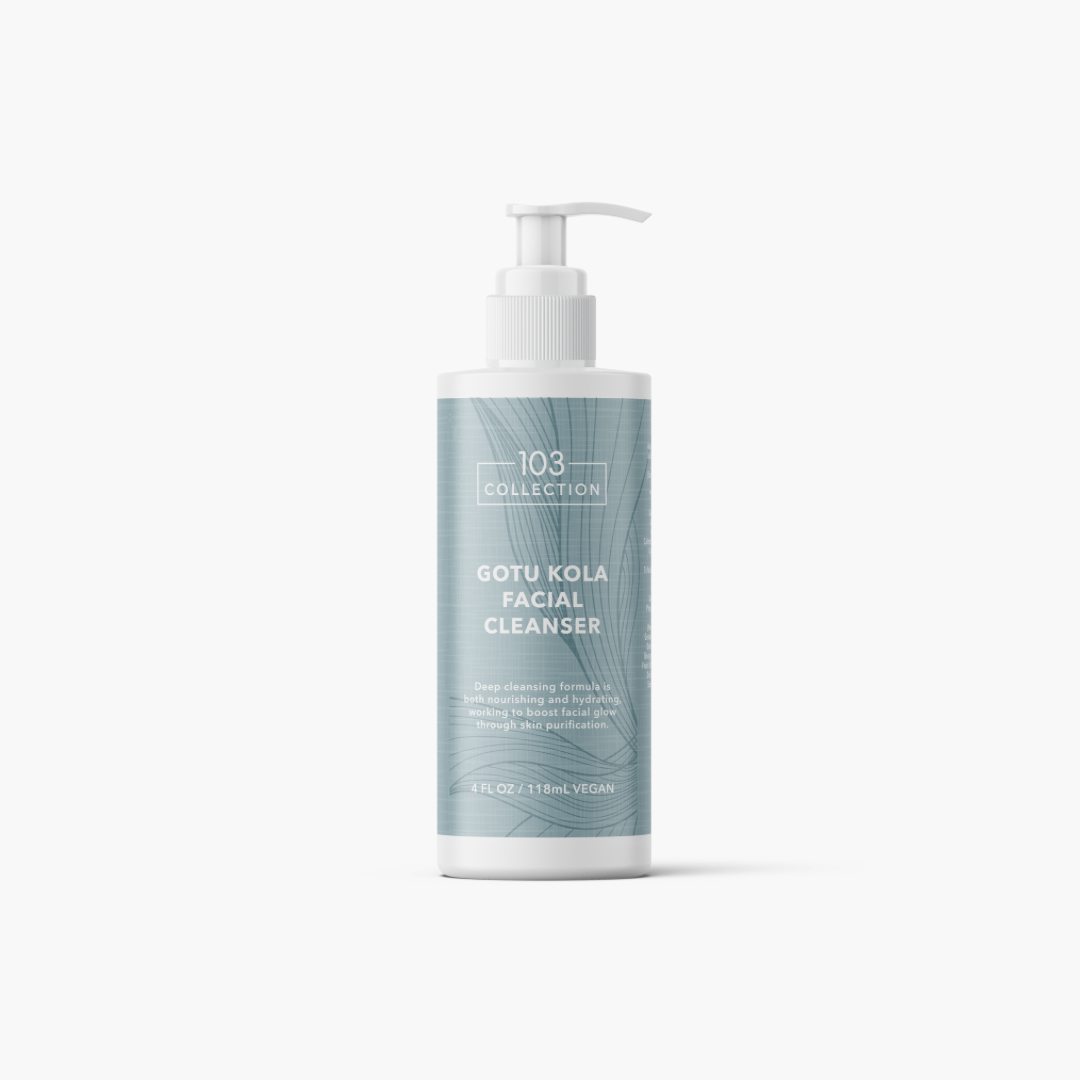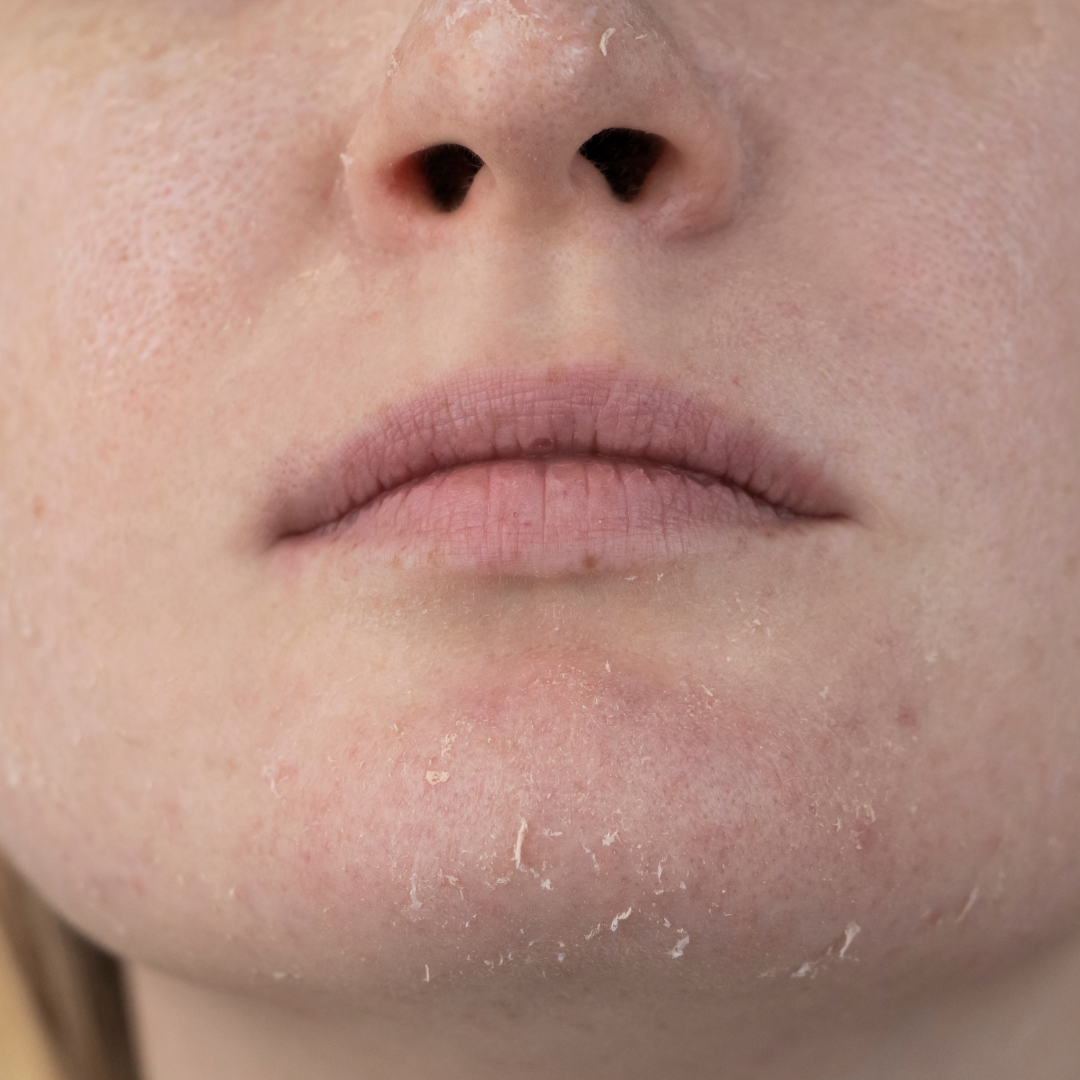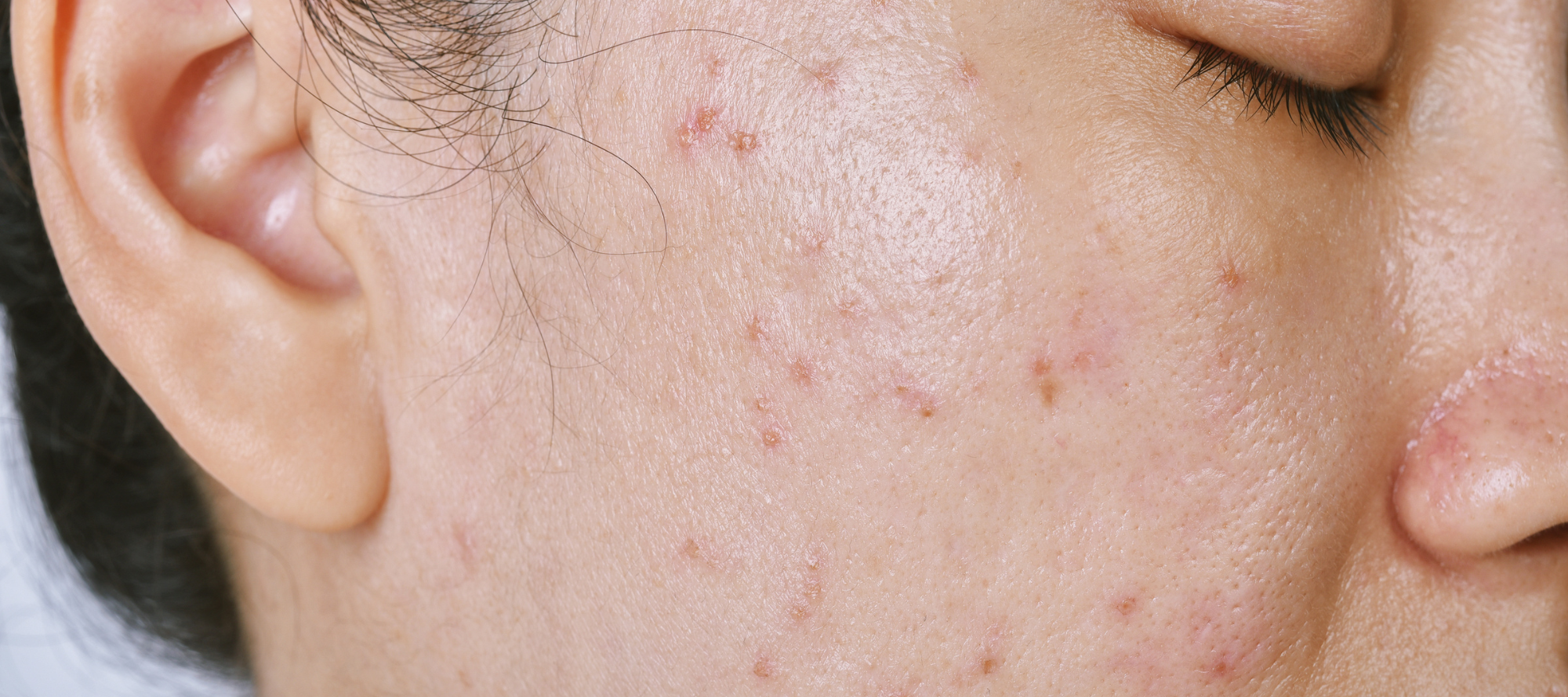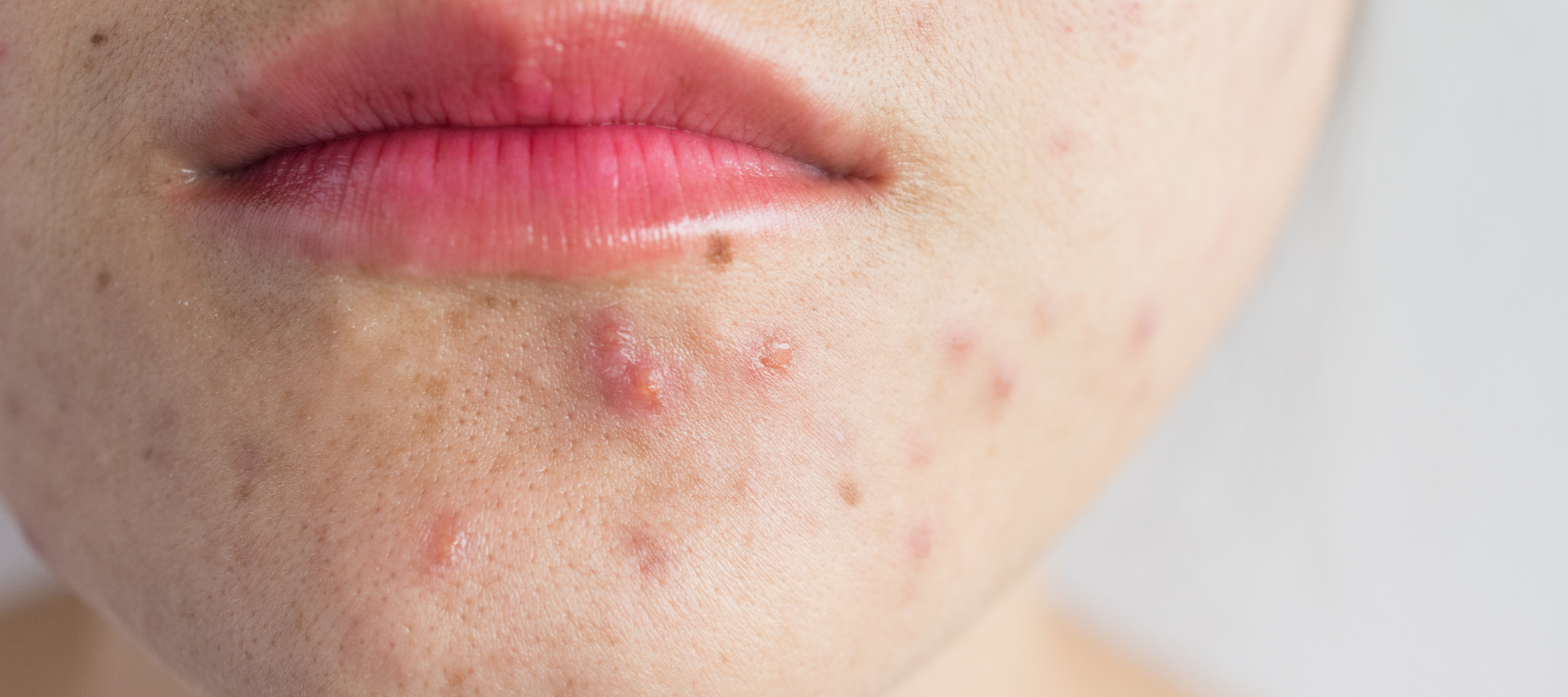UNDERSTANDING DRY SKIN
Understanding dry skin is important for several reasons, as it can have a significant impact on your overall health, comfort, and appearance. Here are some key reasons why understanding dry skin is important: Health Implications, Comfort and Well-being, Appearance, Psychological Impact, Preventive Measures, Identifying Underlying Health Issues, Customized Skincare, Effective Treatment
-
What Is Dry Skin?
Dry skin, also known as xerosis, is a common skin condition characterized by a lack of moisture or oil on the skin's surface. The outer layer of the skin, called the epidermis, contains natural oils and fats that help trap moisture and keep the skin hydrated. When this protective layer is compromised or when the skin doesn't produce enough oil, it can result in dry skin.
-
Preventing Dry Skin
Preventing dry skin involves maintaining a balanced approach to skincare and environmental considerations. Stay hydrated by drinking enough water daily, use a humidifier in dry climates, and opt for mild, fragrance-free cleansers during bathing. Apply a moisturizer suitable for your skin type immediately after washing, and protect your skin from harsh weather conditions with appropriate clothing. Limit hot water exposure, use sunscreen to guard against UV rays, and choose skincare products labeled as moisturizing.
-
Treating Dry Skin
Consider using products containing ingredients like hyaluronic acid or ceramides for added hydration. In severe cases or if dryness is linked to a medical condition, consult a dermatologist for specialized treatments or prescription creams. Additionally, staying well-hydrated, using a humidifier, and protecting the skin from harsh environmental conditions contribute to an effective dry skin treatment plan.
TYPES OF DRY SKIN
-
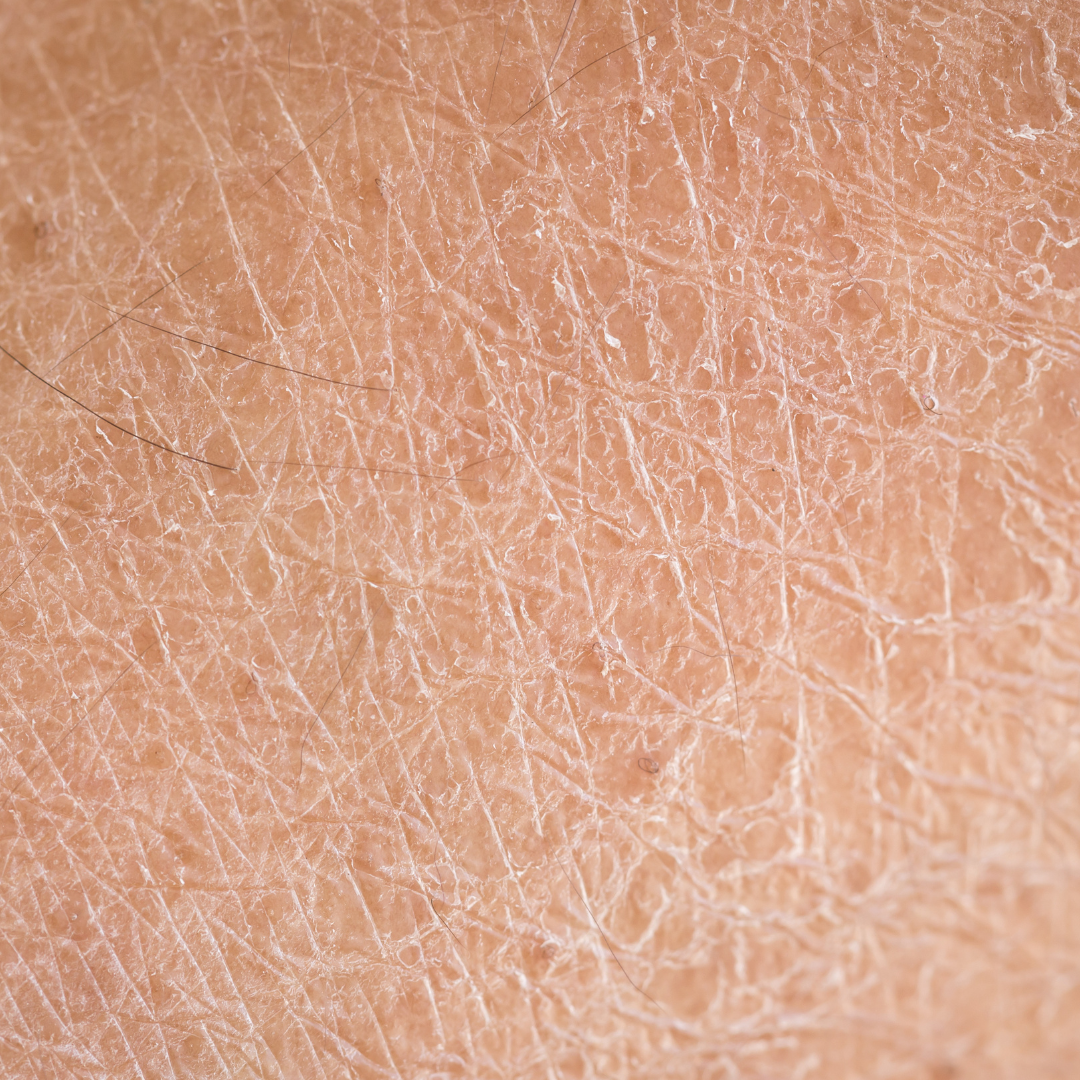
NORMAL DRY SKIN
This type is characterized by overall dryness and a lack of sufficient oil production. Symptoms include roughness, tightness, and occasional itching.
-
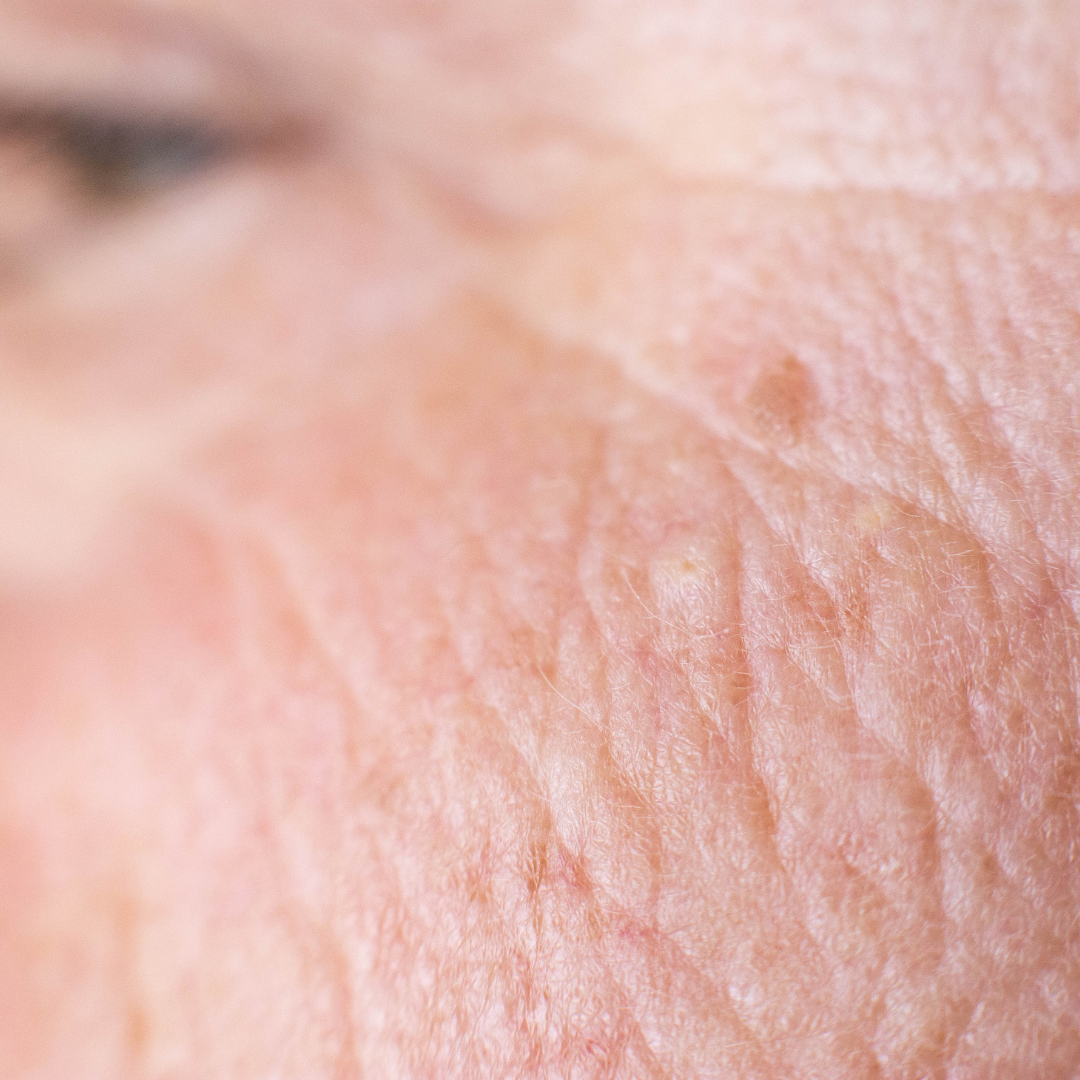
AGED OR MATURE SKIN
Aging is associated with a decline in sebum production, leading to drier skin. Mature skin may also experience a reduction in collagen and elastin, contributing to the appearance of fine lines and wrinkles.
-
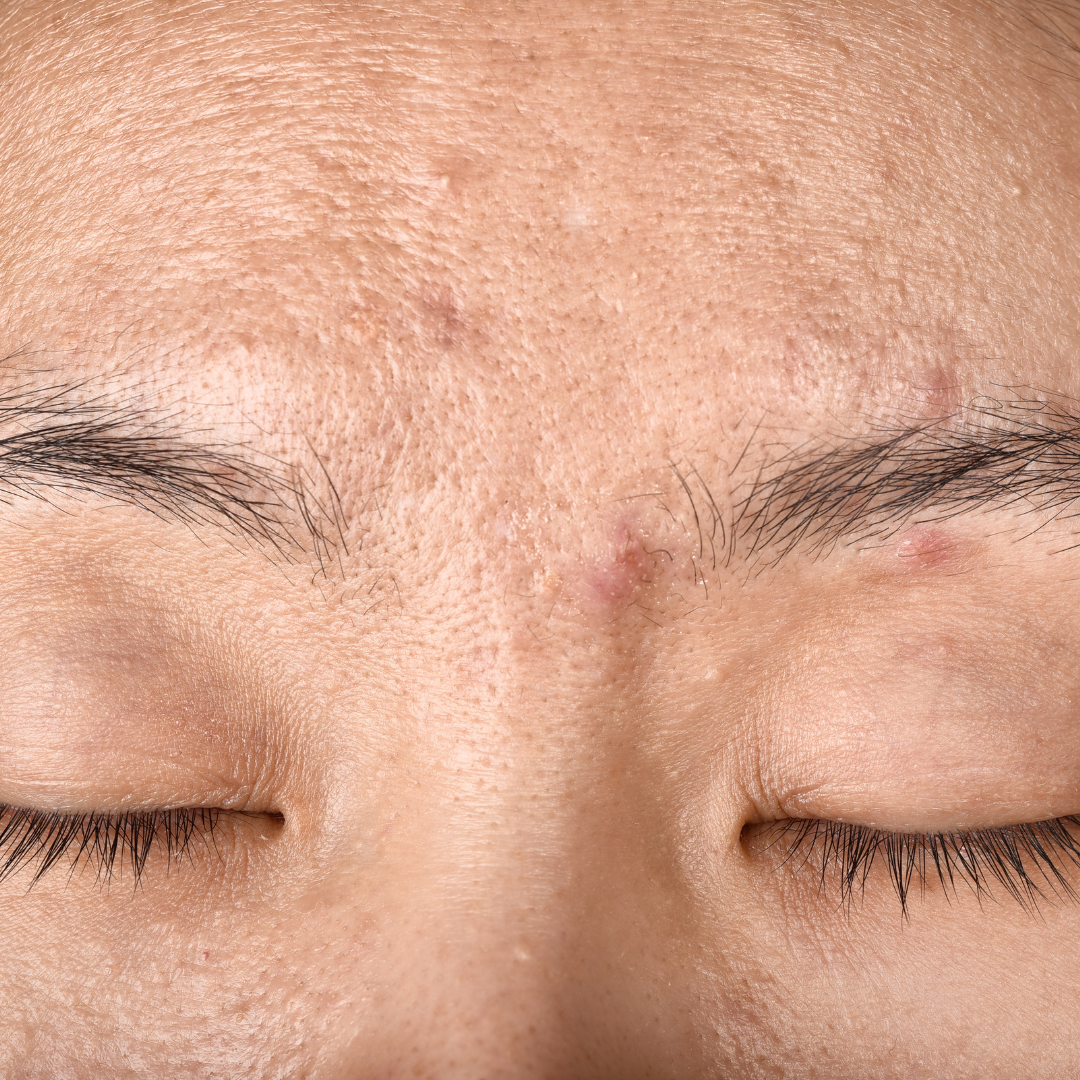
DEHYDRATED SKIN
Dehydration refers to a lack of water in the skin, not necessarily a lack of oil. Even oily or combination skin types can be dehydrated. Causes include inadequate water intake, excessive caffeine or alcohol consumption, and environmental factors.
-
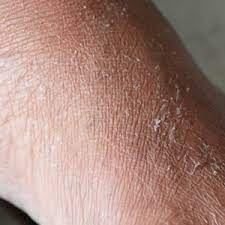
MEDICAL CONDITIONS
Certain medical conditions can cause or exacerbate dry skin. Examples include eczema, psoriasis, hypothyroidism, and diabetes. Managing the underlying condition is crucial for alleviating dry skin symptoms in these cases.
-
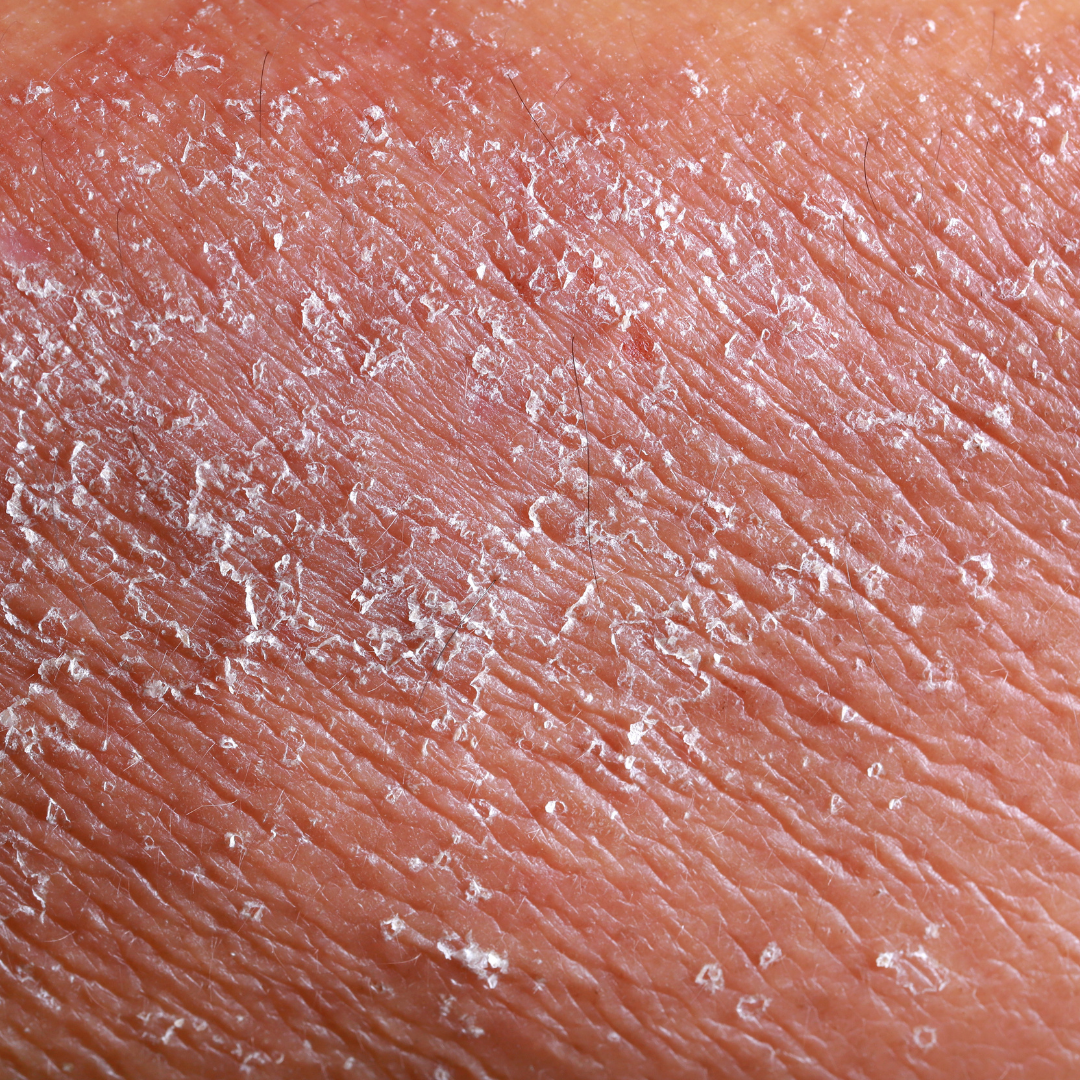
CONTACT DERMATITIS
Exposure to irritants or allergens can lead to contact dermatitis, causing dryness, redness, and itching. Identifying and avoiding the triggering substances is key to managing this type of dry skin.
-
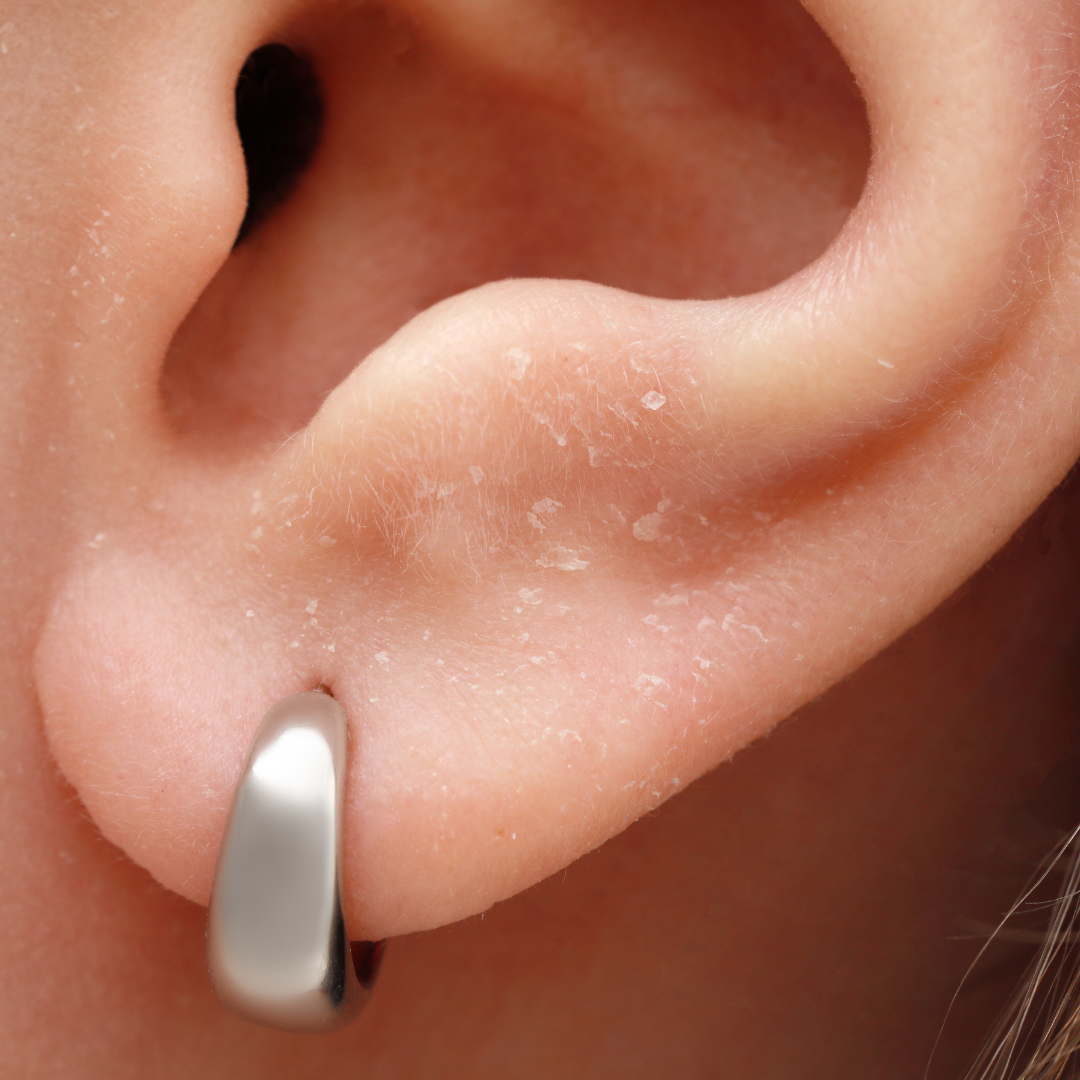
ICHTHYOSIS
Ichthyosis refers to a group of genetic skin disorders characterized by dry, scaly skin. It often appears in early childhood and may require specialized skincare routines.
CAUSES OF DRY SKIN
Environmental Factors
Exposure to harsh weather conditions, low humidity, and excessive sun or wind can strip the skin of its natural moisture.
Hot Water and Harsh Soaps
Frequent bathing with hot water and using harsh soaps can remove the natural oils from the skin, leading to dryness.
Age & Genetics
Aging is associated with a decrease in the production of natural oils by the skin, making older individuals more prone to dry skin. Some people may be genetically predisposed to have drier skin.
Medical Conditions
Certain medical conditions, such as eczema, psoriasis, hypothyroidism, and diabetes, can contribute to dry skin.
Lifestyle Factors
Smoking, excessive alcohol consumption, and a poor diet lacking essential nutrients can contribute to dry skin.


Identify Your Skin Type
Understanding your skin type is essential for tailoring an effective skincare routine. Common skin types include:
- Oily: Prone to excess sebum production, leading to shiny skin and increased risk of acne.
- Dry: Lacks moisture, often resulting in flakiness, redness, and irritation.
- Combination: A combination of both oily and dry areas on the face.
- Normal: Well-balanced with minimal sensitivity and few imperfections.
- Sensitive: Prone to irritation, redness, and reactions to certain products.
How To Prevent Dry Skin
-
Holistic Approach
Treating dry skin effectively involves a combination of skincare practices and lifestyle adjustments. Start by adopting a gentle cleansing routine. Choose mild, fragrance-free cleansers and avoid hot water during bathing, as excessive heat can strip the skin of its natural oils. After washing, apply a moisturizer suitable for your skin type. Look for products containing hydrating ingredients like hyaluronic acid, glycerin, or natural oils such as jojoba or almond oil. Moisturizing immediately after bathing helps seal in moisture and creates a protective barrier against further dryness.
-
Lifestyle
In addition to topical treatments, consider lifestyle factors that may contribute to dry skin. Stay well-hydrated by drinking enough water throughout the day, and use a humidifier in dry environments, especially during colder months. Protect your skin from harsh weather conditions by wearing appropriate clothing, such as scarves and gloves. Regular exfoliation can also aid in removing dead skin cells, promoting cell turnover, and enhancing the effectiveness of moisturizers.
-
Professional Guidance
For persistent or severe dry skin, seeking the advice of a dermatologist is crucial. A dermatologist can identify underlying causes, such as eczema or psoriasis, and recommend specific treatments or prescription medications tailored to your skin's needs. The combination of a consistent skincare routine, lifestyle adjustments, and professional guidance can significantly improve the condition of dry skin, restoring moisture and promoting a healthier complexion.
BLOG
